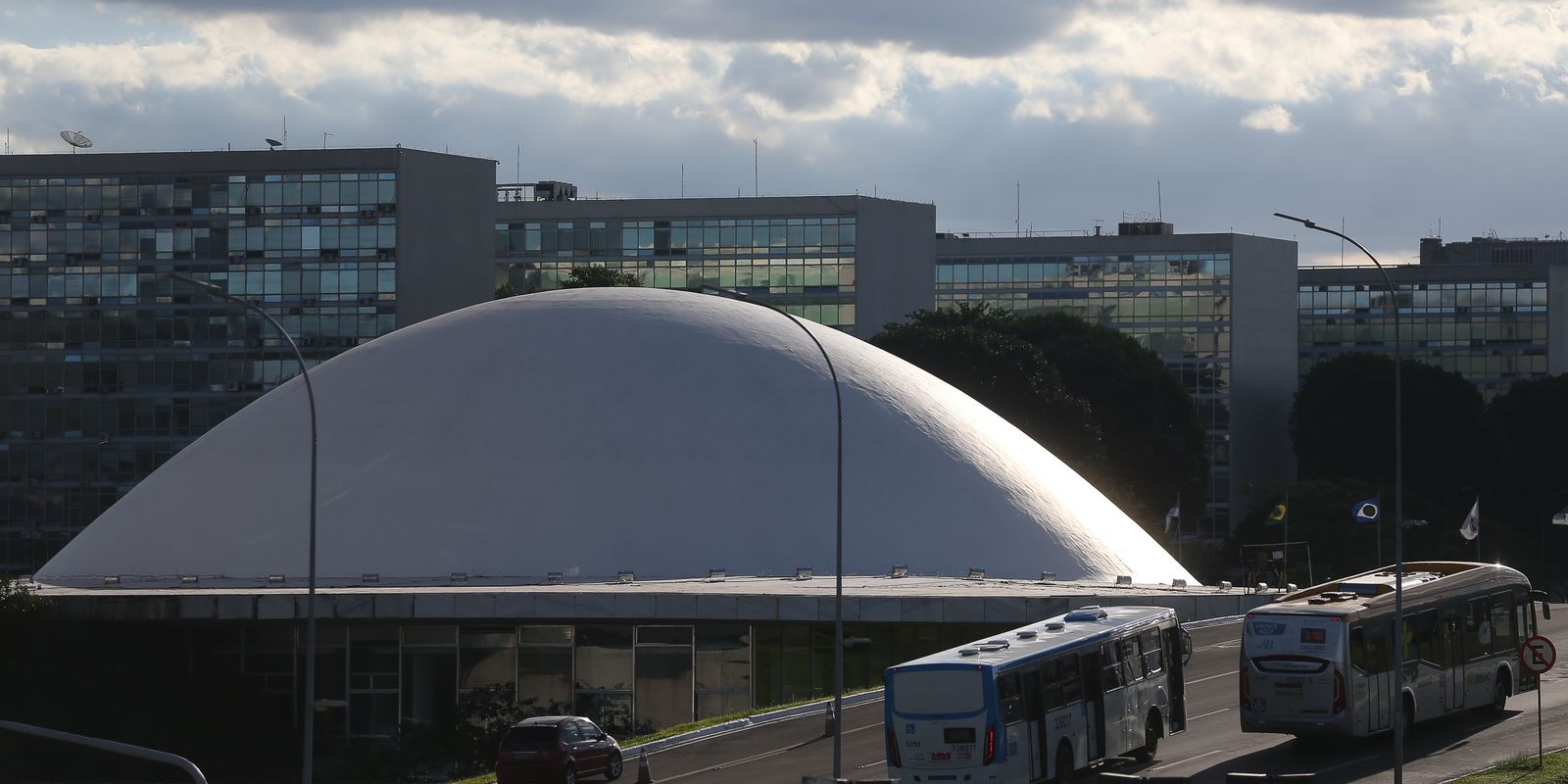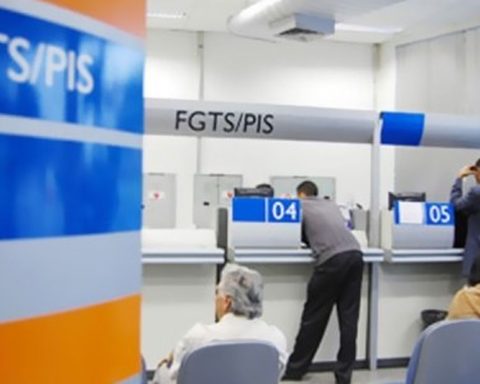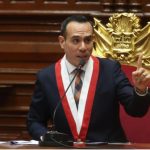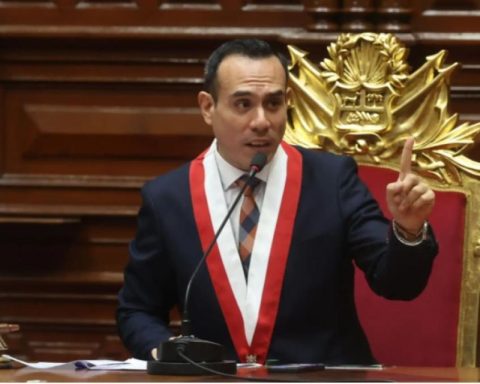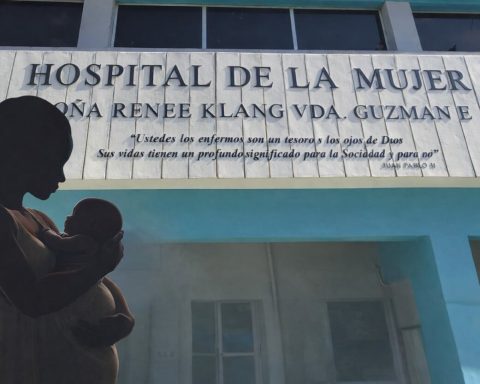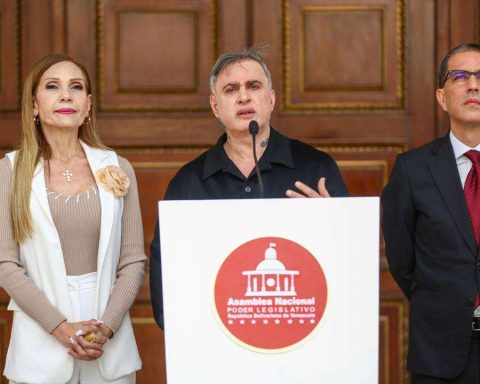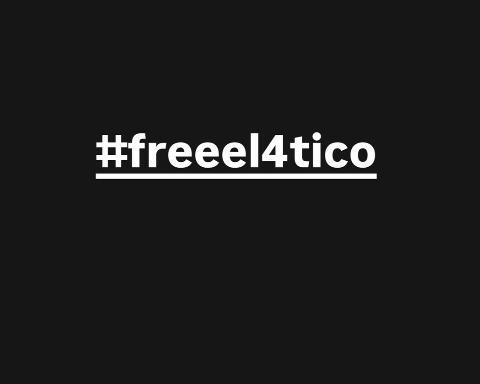The Constitution and Justice Commission (CCJ) postponed, once again, this Wednesday (16), the vote on the report by Senator Roberto Rocha (PSDB-MA) on the Proposed Amendment to the Constitution (PEC 110/2019) that reformulates the country’s tax system. The text by Senator Davi Alcolumbre (DEM-AP) and 65 other senators, will return as the first item of the next collegiate meeting on Wednesday (23).
The proposal creates a dual model of taxation, with two value-added taxes (VAT): one for states and municipalities, the Tax on Goods and Services (IBS), and another for the Union, the Social Contribution on Goods and Services (CBS).
disagreements
After the rapporteur tried to propose that at least the main text of the matter be voted on today and that the highlights be left for next week, the senator, Simone Tebet (MDB-MS), insisted on the postponement under penalty of the MDB, which has the largest bench in the House, to vote against the text. The appeal was followed by União Brasil, created with the merger of the PSL and Democratas.
For the senators who are against advancing the discussion today, some issues, such as those that impact the service sector and cooperatives, need to be matured. “The service sector is very complex, very heterogeneous, it is very large. Are we going to specify what this is in the Constitution? Of course it doesn’t make sense. The same thing with cooperatives, there are many types of cooperatives. It is important for us to deliberate on what will not be a problem in the future”, they said.
For critics of the text, despite not raising the total tax burden, by proposing a uniform rate for goods and services, the PEC promotes a redistribution of the burden, lower for some sectors and higher for others. The rapporteur of the text rejects the understanding and today reaffirmed that there will be no sector harmed by the text.
“There will be no sector harmed by the tax reform. In a good taxation of consumption, like the one being proposed, who actually pays the tax is the consumer, not the company. We are not carrying out a tax reform for business segment A, B or C, government A, B or C. Company does not pay tax; who pays tax is the taxpayer,” she explained.
Rocha considered that when there is a tax increase, it is passed on to the consumer. When a tax is reduced, the consumer is not always benefited, as happened with the reduction of the IPI by up to 25%: some automakers reduced, others did not.
The rapporteur admitted that there is some additional burden on the consumption of people, on the richest families and an exemption on consumption on the poorest families, but considered that this is a good feature of the reform. “In some states, like mine, [ o Maranhão] the state government takes motorcycles and cars, takes them and sells them, from poor people who cannot afford to pay IPVA. Has anyone ever seen take a helicopter? Has anyone ever seen you take a jet or a yacht? No! Does the governor have a hard heart? No! It’s because in Brazil yachts, jets and helicopters don’t pay IPVA, but, according to the constitutional text that we present, it will start paying – it will start paying”, he said.
Rocha also pointed out that the richest will benefit from greater economic growth and family income.
Report
During the discussion of the matter today, Rocha recalled that the project will not change the Brazilian tax system overnight. According to him, in case of approval, it will be seven years to replace the taxes: two of tests and five, of transition. The text maintains, however, the seven-year transition. For the rapporteur, the change to 40 years will bring a smoother transition.
To minimize impacts on revenue and gain support from states and municipalities for the proposal, the text increases the transition period for the new IBS tax from 20 to 40 years. In practice, it will replace the State Tax on Circulation of Goods and Services (ICMS), and the Municipal Services Tax (ISS). CBS, on the other hand, will replace Cofins, Cofins-import and PIS, which are federal taxes.
fuels
With increasing pressure on fuel prices, after the start of the war in Ukraine, in the latest version of his opinion Roberto Rocha proposed a differentiated tax regime for fuels. The rapporteur’s intention is to bring a “definitive solution” to fuels without affecting state and municipal finances, a major obstacle to the approval of the tax reform. The proposal was even discussed with the economic team to fine-tune the text.
The Goods and Services Tax could contribute to the reduction in the value of fuels, since the text includes that fuels may be subject to different taxation regimes. In this way, there would be a single-phase charge of the IBS in a single amount per liter throughout the national territory.
Next steps
If the CCJ stage in the Senate is over, the PEC goes, as a matter of urgency, to the Senate plenary. Despite few chances, if it passes the Senate, if that happens the PEC still needs to be analyzed by the deputies in two rounds.
